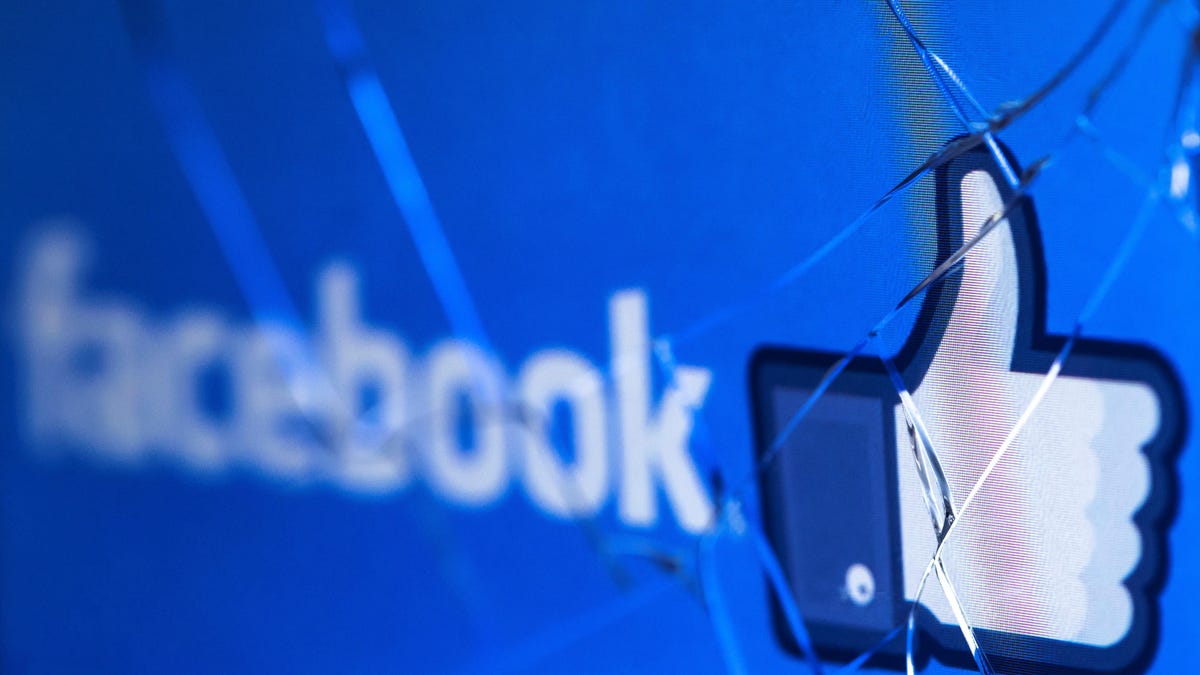Facebook’s bad year just got worse
Users have gotten a wake-up call, and it isn’t pretty, analysts say.

Until now, it seemed like Facebook was invincible.
The social network has faced a litany of controversies this year: election meddling by the Russians, data misuse and fake news. The platform has been accused of helping violence spread in Myanmar, India and Sri Lanka. CEO Mark Zuckerberg has defended Holocaust deniers.
But amid every controversy, Facebook -- the public company and business -- seemed unscathed. Quarter after quarter, Facebook handily beat sales and profit estimates by Wall Street analysts. A #DeleteFacebook campaign didn't have any "material impact" on the bottom line, COO Sheryl Sandberg said earlier this year. When UK regulators issued the largest fine they could against the company as punishment for the Cambridge Analytica data scandal, the tab amounted to £500,000 ($655,000), chump change for a company that brings in $40 billion a year.
That changed on Wednesday, when Facebook missed revenue estimates, offered a weak sales forecast for future quarters and reported a decline of users in Europe. The news sent Facebook's stock free-falling nearly 25 percent in after-hours trading. On Thursday, shares opened down 18 percent, wiping more than $100 billion off its market value. By the close of trading, Bloomberg declared that Facebook had suffered the largest stock market loss in value during a single day ever for any US company.
The financial blow is a shock, but it may not be the most concerning part for Facebook in the long run. The loss of users -- the whole reason for the network effect, the reason Facebook can charge advertisers so much money -- is what Facebook needs to overcome.
Ben Bajarin, an analyst at Creative Strategies, calls this "new territory" for Facebook. "The reality was Facebook was going to hit a growth wall in new users at some point, but I don't think anyone thought it would happen so soon," he wrote in a blog post.
Facebook declined to comment.
In the second quarter, Facebook lost roughly 1 million monthly users, and 3 million daily users in Europe. On a conference call with analysts, Zuckerberg chalked the decline up to the implementation of the EU's General Data Protection Regulation, or GDPR. It went into effect in May and gives Europeans more control over their personal data.
"GDPR was an important moment for our industry," Zuckerberg said Wednesday, acknowledging the decline. "Looking ahead, we will continue to invest heavily in security and privacy. This is our responsibility to keep people safe."
Some analysts, however, believe it's more than that. They believe users have woken up to Facebook's growing list of controversies and decided to vote with their "Log Out" buttons.
"The Teflon has been scratched away," said Bob O'Donnell, head of Technalysis Research. "Real world issues that people thought should affect the company are now affecting the company."
Until now, he said, there was a sense that the vast majority of users didn't fully understand Facebook's business. But the ongoing scandals have caused many people to take another look, he said. "Now a lot of people are going, 'Wait a minute. This is not OK.'"
First published July 26, 1:27 p.m. PT.
Update, 2:52 p.m. PT: Added that Facebook declined to comment.
Cambridge Analytica: Everything you need to know about Facebook's data mining scandal.
iHate: CNET looks at how intolerance is taking over the internet.

